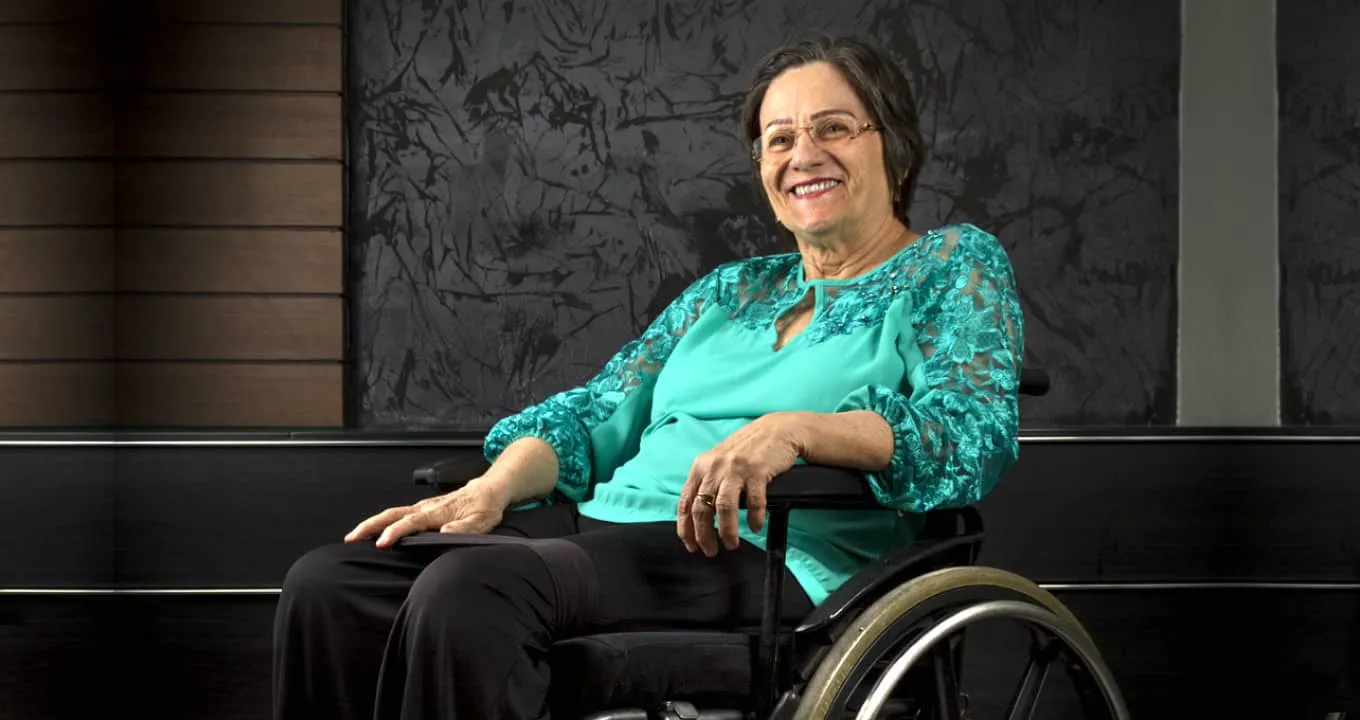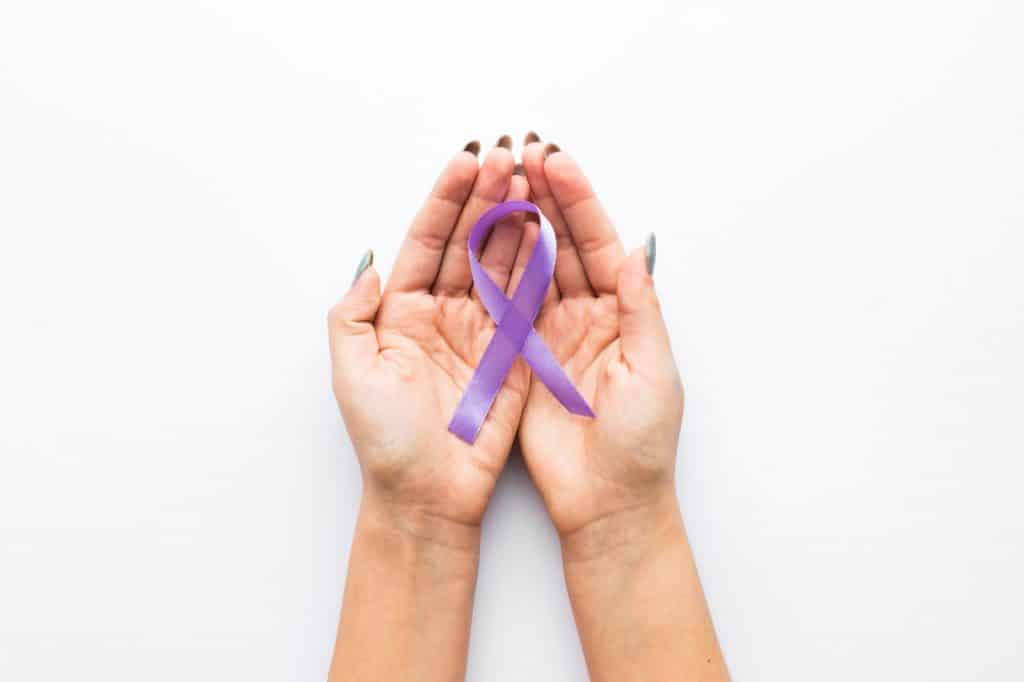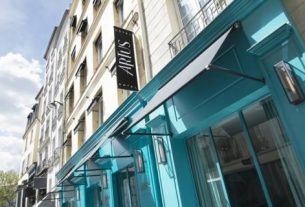Agosto Lilás is a campaign to combat violence against women, which emerged with the aim of publicizing the Maria da Penha Law.
Have you noticed that every month there is a color that represents a fight, be it against a disease or defending a cause? So it is! In the month of August, we already have the well-known ‘Golden August’ which encourages breastfeeding. But did you know that this month is also Lilac August?
Lilac August is a campaign to combat domestic violence against women. It was created with the aim of publicizing the Maria da Penha Law, which celebrates its anniversary in exactly the same month.
Basically, the campaign was created in 2016 by the Subsecretariat of Public Policies for Women (SPPM) of the Government of the State of Mato Grosso do Sul. By the way, at the time the 10th anniversary of the Maria da Penha Law was celebrated.
Even more, Agosto Lilás defends the importance of raising awareness in society through information, in addition to social actions to combat violence against women.
Therefore, the campaign was established as State Law No. 4,969/2016 in 22 municipalities in Mato Grosso do Sul. Since then, several other states in Brazil have joined August Lilac, such as: Santa Catarina, Goiás, Bahia, Rio Grande do Norte, Pará, Minas Gerais, São Paulo, Pernambuco, among others.
History of the Maria da Penha Law

Sanctioned on August 7, 2006, this year law nº 11,340 celebrates 14 years. Maria da Penha Maia Fernandes was born in 1945 in Ceará, she is a biochemical pharmacist. Furthermore, she married Colombian Marco Antonio Heredia Viveros in 1976 and had three daughters with him.
Despite being very kind and polite, their relationship changed when Marco obtained Brazilian citizenship. Soon after, he became aggressive and constantly had explosive behavior towards his wife and daughters.
Later, in 1983, Maria da Penha was shot in the back by her husband while she slept. As a result, she became a paraplegic from the irreversible injuries she suffered to her vertebrae, as well as other physical complications and psychological trauma.

However, when questioned by the police, Marco Antonio said that the shot came from an attempted robbery. After four months, Maria da Penha returned home and her husband kept her in private prison for 15 days. During this period, he even tried to electrocute her while taking a shower.
However, Maria da Penha realized the seriousness of what was happening and got help to fight for her life in court. The case reached international proportions, portraying a very common reality in Brazil (and even around the world).
There were many debates in the Legislative, Executive and society. Finally, the bill passed through the Chamber of Deputies in 2004 and reached the Federal Senate in 2006, being approved unanimously in both houses.
Types of violence against women

The Maria da Penha Law provides for five types of aggression that constitute violence against women. Therefore, any of them must be reported.
In most cases, victims are unable to identify the violence they are suffering. That’s why the Lilac August campaign is so important.
Art. 2 Every woman, regardless of class, race, ethnicity, sexual orientation, income, culture, educational level, age and religion, enjoys the fundamental rights inherent to the human person, being guaranteed the opportunities and facilities to live without violence, preserve their physical and mental health and their moral, intellectual and social improvement. (Law No. 11,340, OF AUGUST 7, 2006)
Five attacks provided for by law
Physical – These are those that harm a woman’s bodily health. Examples: punches, suffocation, use of objects to hurt, torture, burns and injuries with firearms.
Psychological – Actions that cause harm to women’s emotions, behaviors and development. Examples: blackmail, insults, threats, prohibitions, humiliation and persecution.
Moral – It is considered when a woman is attacked in her integrity, when she is slandered or defamed. Examples: exposing intimate life, spreading lies, accusations of betrayal or destroying reputation.
Sexual – When a person is forced to witness, maintain or participate in sexual relations, that is, without consent. Examples: rape, forcing abortion or preventing the use of contraceptive methods.
Patrimonial – Situations in which the woman is harmed in her work or home assets. Likewise, in personal needs. Examples: control of money, embezzlement, deprivation of resources, destruction of valuable objects.
Participate in the Lilac August campaign
Share reporting information;
Be aware of women around you who ask for help;
Help with the education of the children in your family. They will become adults who advocate for women in the future;
Participate in events, seminars and campaign projects in your state to make Lilac August even more visible.
How to report?
Ligue 180. Anonymously and free of charge, support is available 24 hours a day. After all, if you, as a woman, are suffering any of the attacks mentioned above or know someone who is in this situation. Report it!
In any case, this telephone service has guidance for victims of violence, records of complaints and information about laws and campaigns.
Sources: Critique, Senado, Sispro, Instituto Maria da Penha, Instituto Maria da Penha – violence, CNJ
Images: Eshoje, O Brasilianista, Freepik, Senado

Sign up for our newsletter and stay up to date with exclusive news
that can transform your routine!
Warning: Undefined array key "title" in /home/storelat/public_html/wp-content/plugins/link-whisper-premium/templates/frontend/related-posts.php on line 12
Warning: Undefined array key "title_tag" in /home/storelat/public_html/wp-content/plugins/link-whisper-premium/templates/frontend/related-posts.php on line 13




